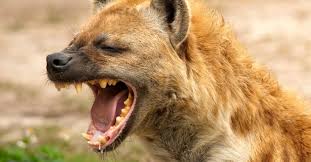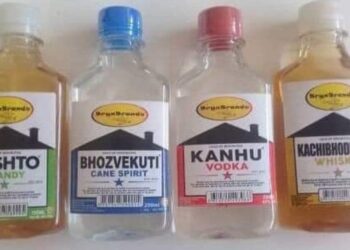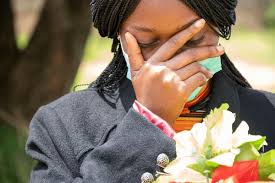Namibia is currently holding what may be the most contested election since the country’s 34-year independence from white-ruled South Africa.
The goal of Netumbo Nandi-Ndaitwah is to become the first female president of the nation. To succeed Hage Geingob, who passed away in February after nine years in power, she is running on behalf of the People’s Organization (Swapo), which governs South West Africa.
However, the party’s support has been undermined by high unemployment, poverty, inequality, and accusations of corruption. Along with 14 other contenders, Panduleni Itula of the Independent Patriots for Change (IPC) party is Nandi-Ndaitwah’s principal opponent.
Local media showed that long queues had already formed at schools and other polling centres as voting began on Wednesday morning.
The voting, which started at 07:00 local time (05:00 GMT) closes at 21:00.
Swapo has been in power since leading the country to independence in 1990.
A candidate requires more than 50% of the vote for outright victory, or there will be a second round run-off between the top two candidates.
Nandi-Ndaitwa cast her ballot in the capital Windhoek as the polls opened, urging fellow Namibians to go out and cast their vote, saying it will “have an impact for the next five years in your life”.
She is up against a traditional and male-dominated political culture in the country.
But she is a trusted leader having served in high government office for a quarter of a century.
Itula, a former dentist and lawyer, took 29% of the votes in the last elections in 2019, losing to Swapo leader Geingob, who got 56%.
He said this was an important day for Namibia’s democracy, as he cast his vote in the capital.
Namibia is currently led by interim President Nangolo Mbumba, who took over in February after Geigob died, but he is not running.
Analysts say the outcome could depend on young voters, who make up more than half of the electorate.
Namibians are also choosing new members of parliament.
Namibia is a vast and peaceful country with a sparse population of about 3 million, around half of whom are eligible to vote.










